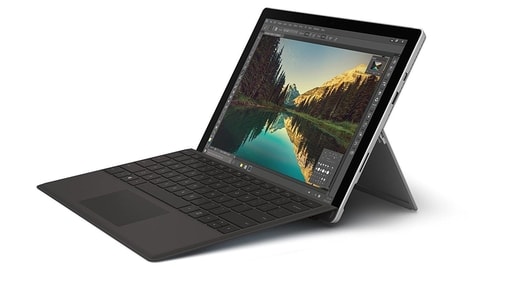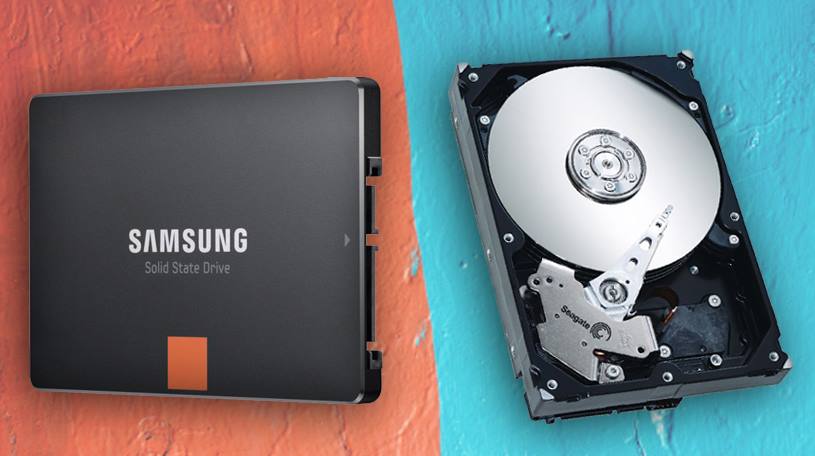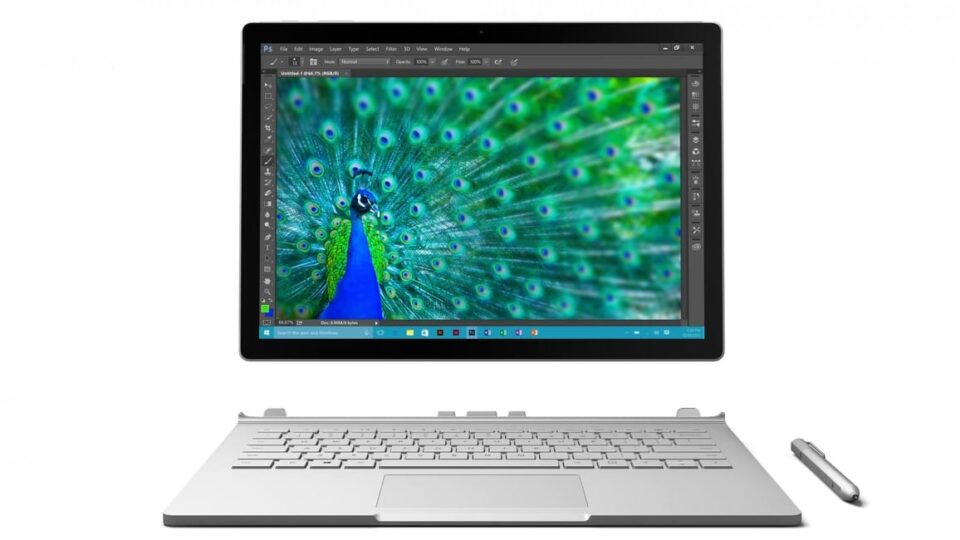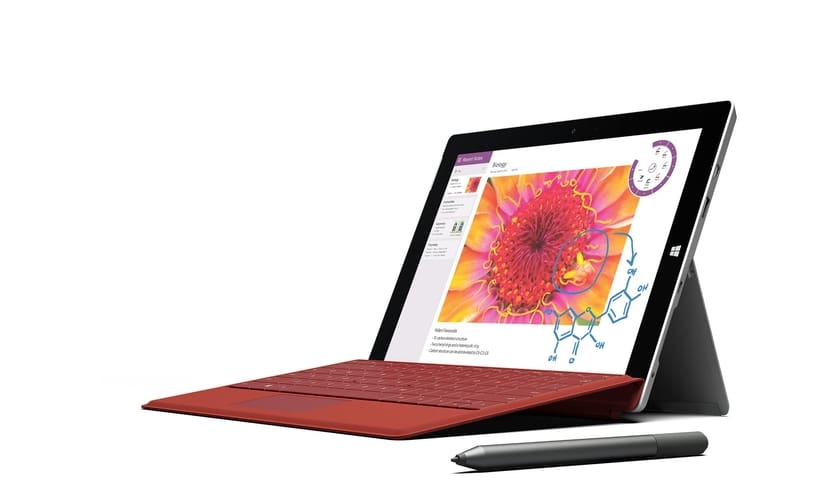How to Choose the Best Travel Laptop
Since everyone travels in their own unique way, writing a definitive guide on finding the best travel laptop on the market would be a near-impossible task.
Choosing a laptop is a personal thing; travelers use their laptops in a multitude of ways, and, with new makes and models regularly appearing, it’d be a nightmare to keep the recommendations current! Instead, here are a few considerations to choose the best one to suit your needs.
Here Are A Few Things To Consider When Buying A Travel Laptop
Laptop Make/Model
Consider spending a little more and purchasing a laptop made by a reputable, reliable, globally recognized manufacturer. If the new laptop does then break whilst on your travels, one backed up with worldwide customer service availability will make your life a whole lot easier. It will be more straightforward to source replacement parts and get the bloody thing repaired.

Laptop Weight
The lighter the better. A bulky, heavier laptop will test both your baggage limit and your stress levels if it’s literally Kilos heavier than it has to be. When you compare weights, do it together with all the laptop’s ancillaries, such as modem leads, power pack, and mouse, etc. that you envisage taking along on your travels.
Laptop Size
Widescreen laptops are becoming more and more popular; however, they are pretty bulky compared to the rest (and heavier on the juice.) Since it’s wise to always have the laptop on your person (or very close by) when on the move, a physically smaller model with the standard screen also makes life much easier. Be careful not to go too far the other way though, and find something between ‘home cinema’ and ‘pocket calculator’ that suits your needs best. 12” – 14” screens have long been adequate.
Internet Connectivity
One of the main benefits of traveling with a laptop is the ease of internet access. Look for a laptop that has the capability of accessing the internet in as many different ways as possible, and ensure you have the correct cables and ancillaries for doing so. These days, one of the simplest ways is via a wireless connection. Although all laptops now come with wireless networking, or WiFi, built in as standard, this capability is a must. A wired connection is considered a plus as well if you are looking for a faster internet connection, and your hotel/Airbnb has this option.
HDD/SSD for Data Storage on a Travel Laptop
Let me start by briefly explaining the two storage options. HDD(Hard Disk Drive) storage is made up of a magnetic disk and has mechanical moving components inside. They are larger than SSDs (Solid State Drives) and much slower to read and write data. SSDs are newer types of disks and store information on flash memory, they consume less battery power, they boot faster, they are less likely to break when dropped. However, SSDs usually have less storage capacity than HDDs. SSDs typically have around 124-248GBs of storage capacity, and HDDs have easily 2-3 times than at the same price point.
The best travel laptop should have an SSD for the reasons mentioned above. Batteries last much, much longer on the go; you can watch your downloaded Netflix content for hours during long haul flights. They do not run hot at all since there are not any moving parts, and you can have it on your lap without you running a fever every time.

Laptop Ports/Interfaces
However, many USB ports the laptop has, it’ll never be enough – especially when traveling. The laptop will be the center of your travel geekery empire, so ensure it can deal with all your peripherals. In addition to USB ports, check for other data interfaces like network ports and modem ports. Some smaller notebooks also now come with 5-in-1 card readers fitted, which are quite a boon. For those with digital cameras, a laptop with a compatible 5-in-1 reader will negate the need for an extra ‘plugin’ card reader or camera-to-laptop cable. It’s just a little less to carry (and lose/break.)
DVD/CD Drives
This feature is becoming more and more obsolete; however, many new laptops are equipped with one. A computer with a DVD player is great if you like movies, but even better if you like to keep your data safe. Periodically backing up your drive onto DVD is wise and, for longer trips, burning your digital photos onto CD’s and regularly sending them home will save the heartache of losing them if you’re unlucky enough to get parted from your laptop. However, a cloud storage and a Netflix subscription will solve all of the problems above.
Durability
A travel laptop must be tougher than Chuck Norris to withstand the punishment it receives on the average trip. Humidity, extreme heat and cold, thumps, bumps, and scrapes, it’ll see the lot – and that’s just on the way to the airport. A laptop with a robust plastic casing and a rock-solid screen back will afford some protection, but a metal shell-like the magnesium alloy casing on the Panasonic Toughbooks – is simply awesome.
Running Temperature
Although smaller notebooks/laptops generally run hotter than their larger counterparts (the compact nature affords less ‘breathing space’), it’s worth slipping a hand under running shop models to feel it for yourself. Some will run hotter than others, and in warmer weather in a small room, this can become a real issue, believe it or not. If you could almost fry an egg on the laptop in an air-conditioned shop, it may be wise to move swiftly on to the next in line.
Batteries
Due to the extra weight, some people swear by leaving their laptop batteries at home and just using mains juice; however, if the plan is to use battery power, it must be up to the job. The most common laptop batteries are 6 cell Lithium Ions, but heavier, longer-lasting 12 cell batteries are available. For those planning on working from battery for extended periods of time, another option is to purchase a second one. Sourcing these from third party manufacturers works out much cheaper than buying brand name equivalents. Still, the use of these may invalidate your laptop warranty. Read the small print.
Warranty
If you buy a new laptop and travel with it regularly, it may be worth seeking out an extended warranty. If choosing to do this, ensure that it’s protected by some form of worldwide cover.
The Travel Laptop Personally Use
I personally use a Microsoft Surface which I believe is the best travel laptop ever made. It can double as a laptop but also comes with a removable keyboard and a touch screen. It comes with an SSD so the battery lasts for over 10 hours, it is very fast and it doesn’t run hot. As a travel blogger, I also appreciate its dexterity since I can use it in flights to watch Netflix but also write articles for my website while using it as a laptop with a keyboard.
I could not recommend this laptop enough and I believe it is the best 2-in-1 laptop for traveling and travel blogging. Check it out on Amazon.

